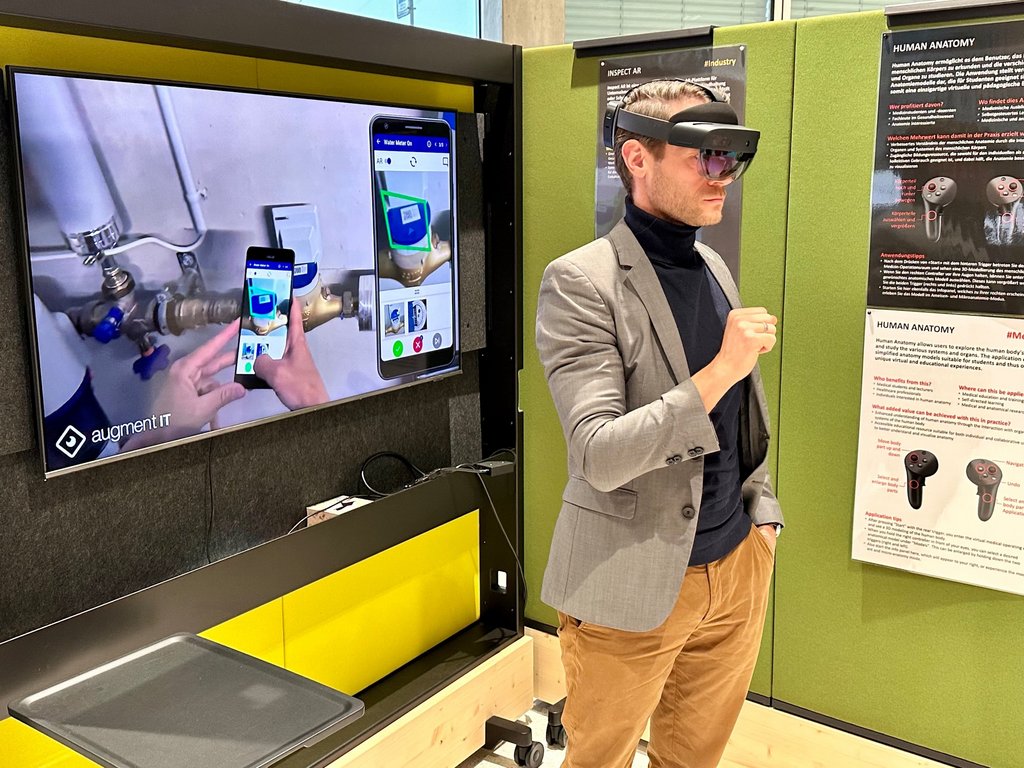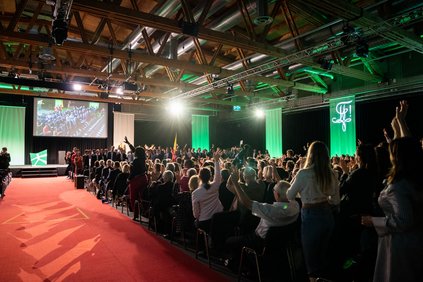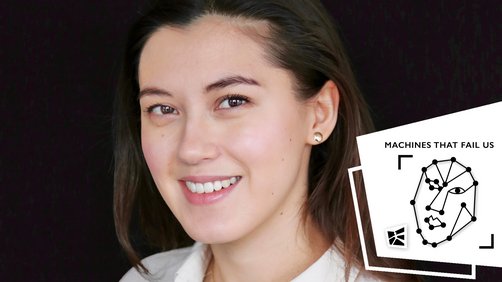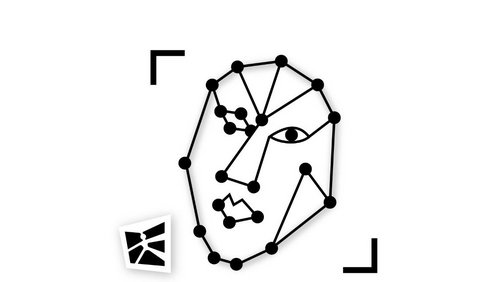Campus - 28.11.2023 - 09:11
HSG researchers bring the population and companies closer to the metaverse
The metaverse is a digital living environment in which you can work, shop, play or further your education. HSG researchers spent two months setting up the "Metaverse Discovery Grid". Interested parties were able to discover the metaverse in a playful way.

Travelling to the Arctic on an icebreaker, walking through the White House with Barack Obama or viewing every muscle of the human body in 3D: All this and more is possible in the "Metaverse Discovery Grid" in the HSG's SQUARE. Twelve stations have been set up in the spacious room where you can try out a wide variety of apps using virtual reality glasses. "Our aim is to make the metaverse tangible - for researchers, companies and the people of St.Gallen," says HSG Professor Thomas Rudolph. He heads the HSG Research Centre for Retail Management, which initiated the Metaverse Discovery Grid. Last May, 1000 people visited it. The grid has been open again since the beginning of November and has welcomed several hundred visitors since then.
Metaverse: a new living environment
The metaverse is widely understood as a three-dimensional online environment in which users move around in virtual spaces that are disconnected from the real world. Parallel to this Metaverse 3.0, there are also Metaverse 2.0 and 1.0, which are presented in 2D and are therefore less immersive, explains Rudolph. Immersion refers to the effect that users perceive the virtual environment of Metaverse 3.0 as real.
"Regardless of the depth of immersion, the metaverse is a new living environment in which you can travel, shop, work, play, educate yourself or relax," says Rudolph. This is already frequently used by a younger generation worldwide, especially in the gaming sector: the metaverse 1.0 online gaming platforms Fortnite and Roblox have 230 million and 70 million daily users respectively.
In the HSG's "Metaverse Discovery Grid", for example, you can use the "Human Anatomy VR" app to view the human body in 3D and look at muscles, nerves, fasciae or organs separately - an application that could be helpful in the training of future doctors. But digital applications could also be used in the service sector - for example in the remote maintenance of machines: Instead of flying in a specialised technician, they can use virtual reality goggles to guide a mechanic on site during repairs.
"The potential applications for companies are also very broad - the development of prototypes can become faster and more cost-effective. Or employees can exchange ideas with each other in virtual workplaces," says Rudolph.
His research at the HSG includes consumer behaviour, digital marketing and customer inspiration. The metaverse also opens up opportunities in these areas: For example, customers can try on shoes digitally using AR or place furniture digitally in their homes. Such applications can also be tried out in the grid: Corresponding apps are installed on tablets. Anyone who captures their foot with the tablet camera is automatically fitted with a digitally animated shoe that can be viewed from all sides. Or you can point the tablet into the room and select items of furniture to be displayed in it. In this way, the digital and real environments merge.
Visits from the police, schools and various companies
The Metaverse Discovery Grid will also provide Rudolph and his team with scientific findings: around 300 users of the grid were asked how they rated the experience. "Initial results show that the technology is still in the early stages of development," says Rudolph. The display of the Metaversum apps and the comfort of the VR goggles can still be improved. "But the technical development in the field of virtual reality and augmented reality is rapid. Since May, we have had to adapt the setup of the grid and the apps used again because there have been innovations," says Rudolph.
The Metaverse Discovery Grid will be dismantled again after the end of November. It remains to be seen what will happen next, says Rudolph. However, the Research Centre for Retail Management will continue to pursue the topic, he says. "We are encouraged by the great interest we have felt here at SQUARE over the past two months. For example, police forces, vocational schools, companies such as IBM, Globus or the St.Galler Kantonalbank as well as managers have visited us at our continuing education events - in addition to various HSG researchers."
More articles from the same category
This could also be of interest to you
Discover our special topics















